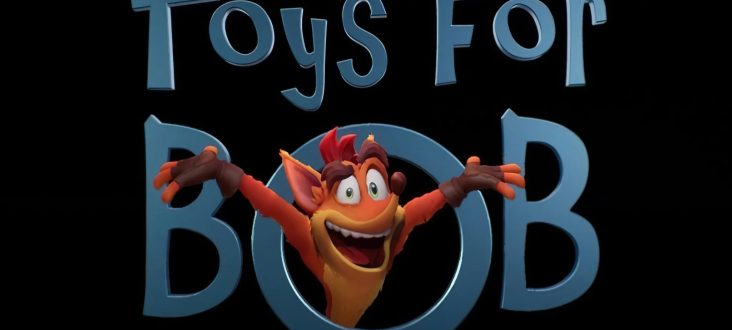I expect Microsoft will want that game to be a showcase for the next Xbox hardware...
Bethesda absolutely need to overhaul key aspects of their tech...
Aside from some elements of Oblivion they've always been behind the curve. Artistically and technically mediocre graphics, but mechanically interesting game design. I also don't see any reason to presume the next-gen hardware will be anything more than a moderate spec increase from what we've got now, and what we've got now can't hold 60fps in Starfield. Even with, say, ~4x RT perf AAA games are still going to be a mixture of raster rendering with some RT shadows and reflections painted in, so it's not like they'd be throwing Starfield's renderer out and moving to pure RT/PT.
If MS wants to have ES6 be a technical flex for XBox and MS-corporate then they should figure out a way of tying in a ChatGPT back-end for NPC scripting (and not merely text generation for Radiant quests, but everything from NPC behavior and VO for PC<->NPC and NPC<->NPC interactions). If you could make a system like that work it would pretty much instantly antiquate every other open-world game. It might even grease the wheels for getting Game Pass subscriptions onto other platforms, as there'd be a cloud-based always-on element.


